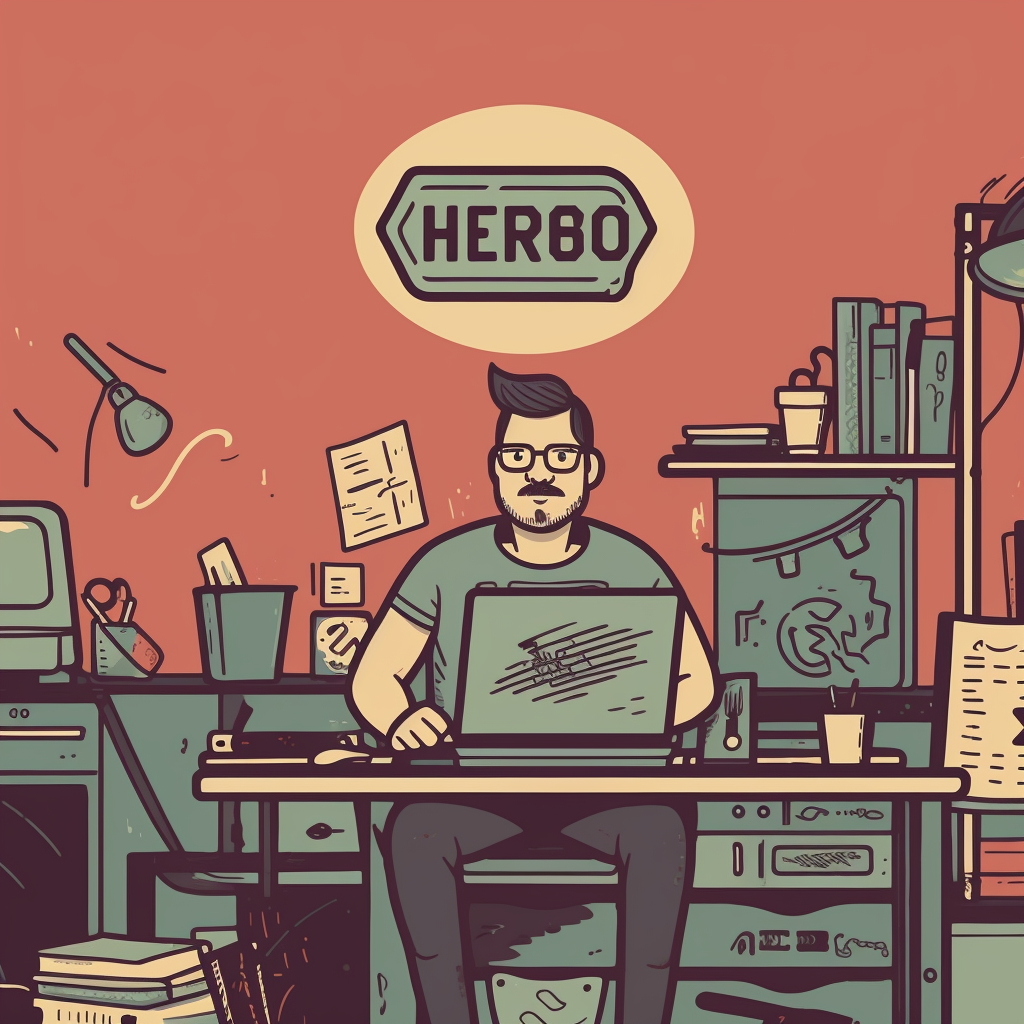When it comes to running an event, you will always have a plan. The well-known saying “No plan survives contact with the enemy” holds true when it comes to keeping an event running on schedule. The enemy in this instance? Problems.
So what can you do when a problem rears its head and avoid the common event disasters? Here’s a few of our tips.
Identifying Problems
There are typically two different ways to define a problem when it occurs, and they each have their own ways of being dealt with:
- People Problems
- Technical Problems
People Problems
This is when an attendee, speaker, or member of the staff behaves in a manner that causes friction at an event. It could appear in one of a number of ways, from people speaking inappropriately to people simply being inconsiderate to other attendees.
The best way of dealing with these kinds of issues is to have a system in place for handling them. I’ve written before about the benefits of having a Code of Conduct and this is the perfect example of why.
Having a Code of Conduct allows you to define well in advance what is and is not acceptable at your event. More importantly it lays out two very important pieces of information for attendees:
- What do they do when they see something happening?
- What will be done to deal with the problem?
The first is really useful as it lets attendees know that you care about their experience. If they see something unacceptable then they know exactly what to do to get it resolved. The second is great for attendees as they know that the matter will be taken care of, but it’s hugely useful for you as an organiser.
When you’re managing an event the last thing you want to do is have to take your already limited time to try and figure out how to deal with an issue. Having a Code of Conduct eliminates, most of the time, this need as you’ll already have figured out how to deal with an issue. This lets you quickly deal with the problem and get back to running a great event.
Technical Problems
These one can be a bit more problematic. What do you do if the venue’s Wifi dies mid event? What if a speaker is running late, or running over time?
Some of these issues can be relatively easily dealt with. Communicate with speakers to let them know what will happen if they run over time, but have the flexibility to afford them time if you feel it is necessary.
Issues like the Wifi dropping are a bit more problematic as these are outside of your control. There are two things that as a technically orientated person, I can recommend in these instances:
- Get the right person working to fix the problem
- Let them fix it
It’s really easy to keep asking for updates on things, and you are well within your rights to do so, but I would recommend tying not to ask the person fixing the problem directly, but another member of the staff that is responsible. Dealing with technical issues can require a significant amount of focus and, if you are continually asking for updates, then the person dealing with the problem may not be able to focus on solving the problem.
It’s important to remember that you’re both on the same team in these moments. They want to resolve the problem as quickly as possible just as much, if not more-so, than you do. Having another member of staff that you can approach gives you a middle ground that keeps you up to date, as the person fixing the problem can keep them aware of progress and they can keep you up to date.
Communication
When something goes wrong it’s very easy to batten down the hatches and weather the storm as it happens, and in some instances this might be the right approach to take. I have always found that being open with people about issues as they crop up can have huge benefits.
The first benefit is that you’re no longer having to bottle the issue up. Your attendees are aware of the issue and know that it’s being addressed. This can put some attendees at ease too, as they may have also spotted the issue but not spoken up about it.
You’re also in a position where your attendees will be able to see that you’ve identified, and are working to resolve problems as they occur. It lets them know that you care, and you can foster a trust between you and your attendees. The next time they see you’re involved in an event they’ll remember that.
If you have a Code of Conduct in place it also serves to further re-enforce that. Your attendees can see you working to deal with problems, which in turn can help them feel more comfortable at your event. Consistency in message is vital in this regard.
Opportunities to Improve
No plan survives contact with the enemy, but likewise no plan ever remains the same. Every time you encounter a problem, be it a new problem or one you’ve encountered before, is an opportunity to improve how you address issues.
Encountered a new problem? How did you deal with it, and did it work? If it worked then you have a new solution that you’re able to use if a similar situation should occur again. If it didn’t work then what would you do differently should it occur again?
This allows you to refine and improve upon how you handle problems that occur at an event, allowing you to become even better at keeping an event on track. The better you get at this the better your events will be, as you’ll get to the point where you can identify, and resolve, problems before they have the chance to actually become issues. Everyone wins.
Wrapping Up
Having something go wrong on the day of your event is unpleasant but it’s likely, unavoidable. Accepting this and having methods in place that allow you to deal with them quickly and professionally is the sign of someone who takes what they do seriously.
Being able to determine what the issue is, and how to resolve it is hugely important in any walk of life. Being able to identify when an issue needs to be taken care of by someone else, and letting them handle it also allows you to focus on what matters most: running a great event.
Finally, establishing how to communicate with your attendees when you are dealing with an issue, and how you can adapt your methods for dealing with problems, are vital in building a relationship with your attendees. The better you are at these two things the more recognisable you will be to people.
Sometimes it’s better to step in and be a saviour when something does go wrong than to not have anything go wrong at all.







